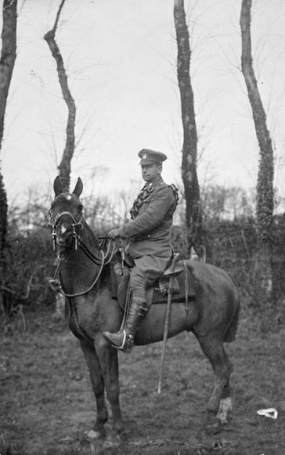The following questions will help you focus on important aspects of the story. Consider reading through them before you read the novel, as you may want to track some of the ideas they suggest. Of course, return to them once you’re done and consider these aspects of the book.
When you come across a quotation you think is important for future reference, mark it with a sticky note, type it into a file, or, if you own the book, mark it in any way you like! This way, you can easily find these quotations when you discuss your ideas in class, or in writing projects. Also, keep an eye out for symbols, ideas, or issues that are not covered below.
Photographs
- How does the terminology associated with photographs serve as an important motif of memory?
- How does Findley’s emphasis on photographic processes and imagery connect to the broader societal memory of war (i.e., in war museums, family portraits, etc.)? Does this focus offer a commentary on memory and archives and how subsequent generations might conceptualize past traumas and horrors?
- Why does Ross burn his photo of Rowena? How does this suggest a change in his worldview? Is this a permanent shift? How does this moment continue to inform our understanding of the novel?
Animals
- How does Ross’ view of and sympathy towards animals suggest a different perspective on life and death than others in his community? How does this perspective change over the course of the novel?
- How does Ross’ sympathy with animals suggest a broader desire for autonomy and life? How might this sympathy support something other than a narrow partisanship? How might the scenes in which Ross kills the German sniper/birdwatcher, and later two fellow officers, comment on the effects of the war on Ross? Why might his connection to the horses become more pronounced while his connection to fellow officers diminishes?
- How do images of birds and animals connect to Ross’ state of being?
Authority
- How does Ross respond to his mother’s intrusion on him in the washroom before he joins the army? What does his nakedness and bruising contrasted to her attire, actions, and words suggest about their relationship?
- How does Ross relate to figures of authority, first at home but primarily in the army? For instance, what leads to his killing of a superior officer? What does this reveal about his values or mental state?
- In what ways do pistols represent different types of authority and autonomy in the novel? How do these objects shift in meaning?
What is a Hero?
- How does Findley challenge the popularly accepted image of the honourable, courageous, and strong soldier or officer? Consider, for example, the experiences and actions of Eugene Taffler.
- Read Eric Thompson’s review,
Of Wars & Men.
Does Findley succeed, as Thompson suggests, in developingthe un-spoken yearning of [Ross’] soul to live amidst the mindlessness of slaughter
? Is hea true hero, an exemplar of courage
(100)? Do you agree with this assessment? Why or why not?
Narrative Order
- What purpose does Findley’s juxtaposition of events serve? Choose some particularly important events, examine how they are framed by other events, and also how they resonate with earlier moments, either by revisiting or reflecting important features.
Works Cited
- Findley, Timothy. The Wars. 1977. Toronto: Penguin, 1978. Print.
- Thompson, Eric.
Of Wars & Men.
Rev. of The Wars, by Timothy Findley, Out of the Shadows: Canada in the Second World War, by W.A.B. Douglas and Brereton Greenhouse, and Blueprint, by Philippe Van Rjndt. Canadian Literature 78 (1978): 99–101. Print.78









 ©
©